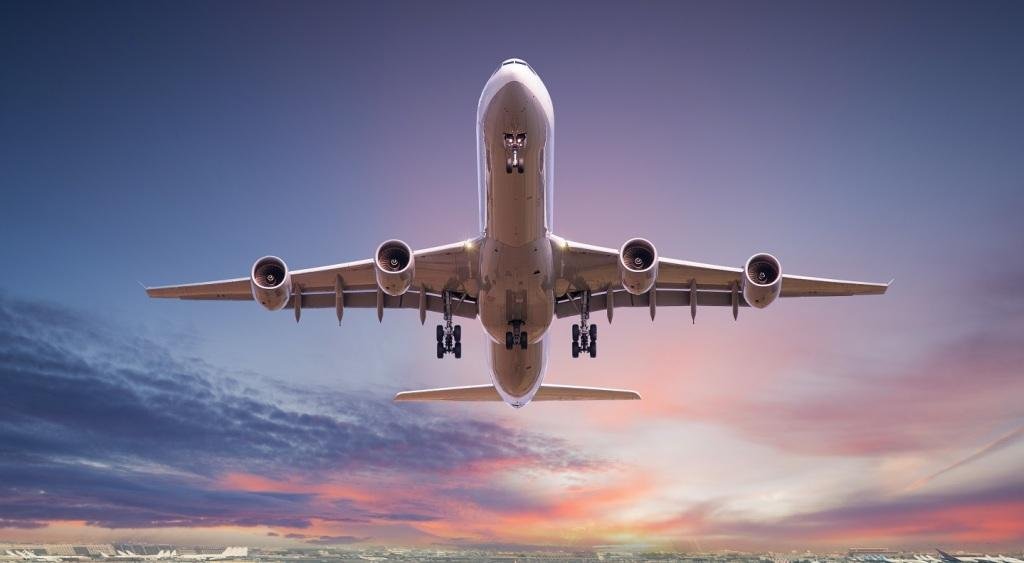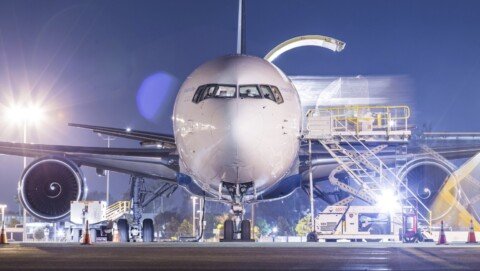The aviation industry is a vital part of economic development and growth. It supports the growth of international trade and gives important linkages at the regional, national, and global levels. Airfreight is a trading carrier that helps to drive world economies and generates employment. The process of providing premium commodities at reasonable costs to individuals and companies all over the world is critical to the international economy. Air transport economy is measured to be nearly US$6 trillion in commodities, responsible for roughly 35 per cent of world commerce by worth.
Annually, 328 billion mails and 7.4 billion parcel delivery items are sent, and express mail plays a significant part in their transportation. The advent of electronic telecommunications resulted in a significant reduction in the number of inscriptions, e-commerce has increased the number of packages sent regularly. Several large e-commerce companies such as Amazon and eBay initiated overnight delivery services using air cargo in their supply chain. Till 2019 total tones carried: 57.6 million, scheduled international freight capacity in 2019 expressed in available freight tonne-kilometres, was approximately 391 billion which was a 6.8 per cent growth compared to 2018. The scheduled international freight load factor declined by 50 per cent. The total number of tones hauled until 2019 was 57.6 million. In 2019, scheduled global air freight volume, measured in available freight ton-kilometers, was nearly 391 billion, representing a 6.8 per cent increase over 2018. The scheduled international freight load factor fell by half.
Air cargo services are carried out in two ways: belly cargo in passenger airplanes and various full freight carriers such as DHL, United Parcel Service UPS, and Federal Express FedEx. In 2019, a strain of the SARS virus known as COVID-19 arose in China and quickly became a global pandemic. Because air travel is the fastest way to connect the world, it was thought to be a primary factor of the virus’s global spread.
Due to government constraints and arduous quarantine regulations, numerous airlines around the world recently suspended operations. This occurrence resulted in a considerable reduction in global belly cargo capacity. Airlines suffered revenue losses, and a few even declared bankruptcy. During this time, several countries instituted lockdowns, giving eCommerce businesses an opportunity. As lockdowns became the norm, companies, and customers gradually went digital, expanding e-commerce’s global retail industry from 14 per cent in 2019 to nearly 17 per cent in 2020. For illustration, Latin America’s e-commerce store Mercado Libre sold twice as many things per day in the second half of 2020 as it did in the same period the previous season. In addition, African e-commerce site Jumia recorded a 50 per cent increase in revenues in the first 6 months of 2020. During August 2019 and August 2020, China’s online shopping revenue share increased from 19.4 per cent to 24.6 per cent.
The air cargo industry seized the opportunity as the digital business grew rapidly. To increase cargo capacity, numerous airlines throughout the world turned passenger planes into entirely cargo aircraft. Responding to fleet grounding due to pandemics, Korean Air was among the first carriers to transform passenger jets into full freight aircraft. These planes were used to deliver agricultural and medical goods to China and Vietnam.
According to IATA statistics, worldwide shipments declined 6.6 per cent in November 2020, compared to the same month last year, with global freight falling 7.7 per cent. In terms of economics, it’s reasonable to conclude that airports and airlines having logistics revenue sources in addition to standard commuter revenues have generally avoided the pandemic’s harshest effects. It’s clear to assume that cargo’s fate could be seen favorably by analysts looking for a glimmer of hope, given that international passenger traffic and capacities fell 70.3 per cent and 58.6 per cent, correspondingly, during the same time, as per IATA. Passenger carriers anticipate the vaccinations will contribute to limiting the transmission of the infection and eventually abolish the prevailing travel bans, but freight operators with climate-controlled facilities see a potential profit in the global distribution of billions of dosages of vaccines.
The author is Lukas Gataveckas, SEO Specialist at Aeroclass.org







